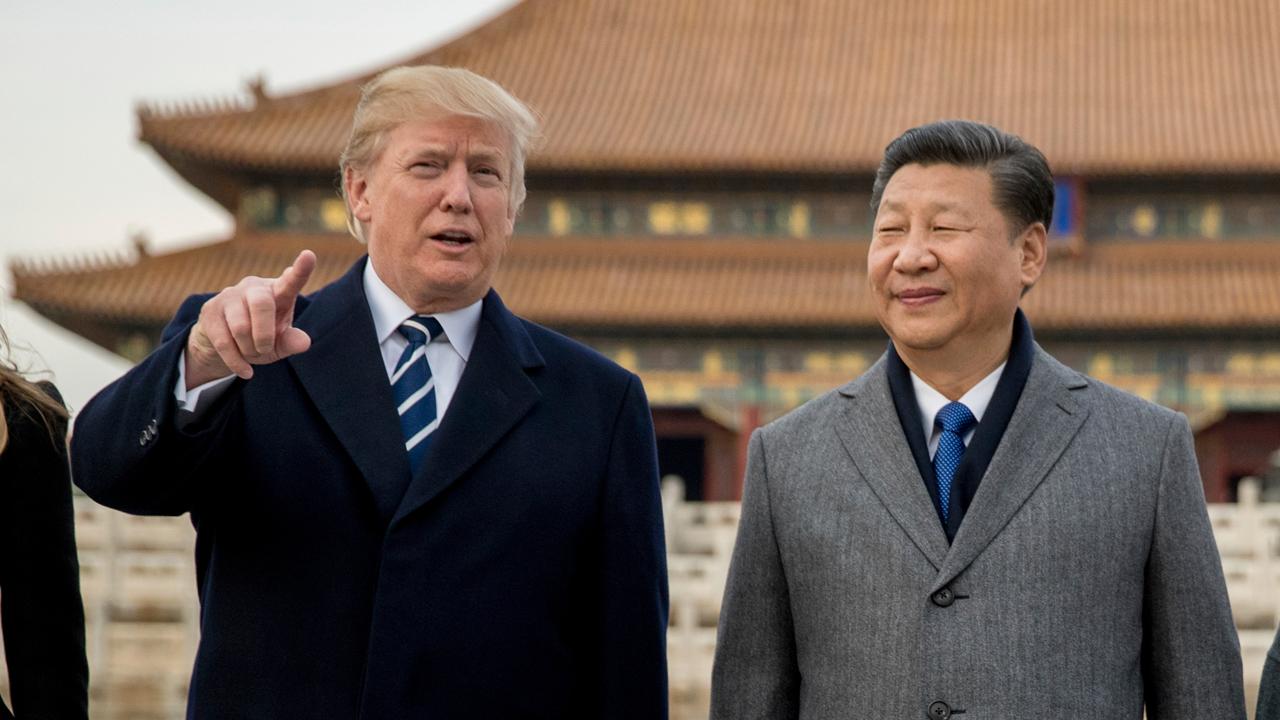China calls for de-escalation of trade war, urges it to be solved with 'calm attitude'
China indicated on Thursday that it might not move forward with the latest round of tariffs on the U.S., instead stressing the need for the world’s two largest economies to de-escalate the more than year-long trade war with a “calm attitude."
“China has ample means for retaliation, but thinks the question that should be discussed now is about removing the new tariffs to prevent escalation of the trade war,” Ministry of Commerce spokesman Gao Feng told reporters in Beijing on Thursday. “China is lodging solemn representations with the U.S. on the matter.”
Stock futures pointed higher Thursday morning on the dovish comments, paring earlier losses.
| Ticker | Security | Last | Change | Change % |
|---|---|---|---|---|
| I:DJI | DOW JONES AVERAGES | 49395.16 | -267.50 | -0.54% |
| SP500 | S&P 500 | 6861.89 | -19.42 | -0.28% |
| I:COMP | NASDAQ COMPOSITE INDEX | 22682.729157 | -70.91 | -0.31% |
Gao’s comments come amid heightened tensions between Washington and Beijing. Both countries, in recent weeks, have announced additional tariffs on each other’s goods; the U.S. Trade Representative’s office confirmed Wednesday the U.S. will move forward with a 5 percent import duty on $300 billion worth of Chinese goods, beginning Sept. 1.
Last week, China responded in kind, announcing its own higher tariffs. That prompted President Trump to lift the existing tariffs on $250 billion in imports to 30 percent from 25 percent. Gao would not explicitly say whether Beijing won’t retaliate for that latest escalation, but said the country is “willing to solve the problem through consultation and cooperation with a calm attitude. The escalation of the trade war is not conducive to China, or to the United States, and is not conducive to the interests of the people of the world."
"China’s counter-measures are sufficient," he said. "However, under the current situation, we believe that the issue that should be discussed is to lift further tariffs on US$550 billion of Chinese goods and prevent trade wars from continuing to escalate."
The Chinese economy is beginning to take a hit from the slew of tariffs: In mid-August, Beijing’s industrial output fell to a 17-year low, spurring fears of a potential slowdown.




















